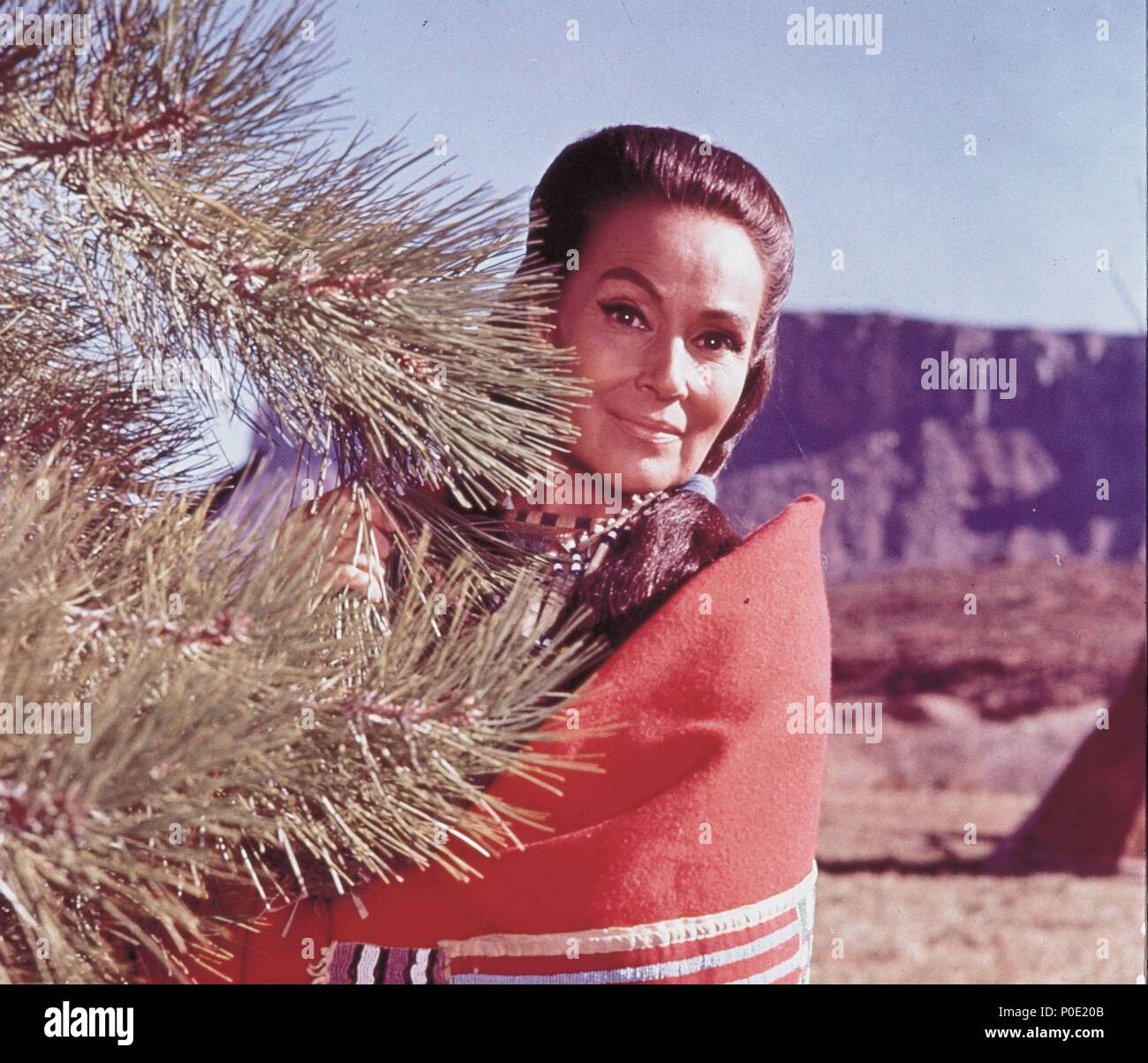

Whether it succeeded is quite another matter. I believe that Ford sincerely intended the film to be a chance to "show their point of view for a change," as he said. I love Ford at his best, but this film happens to have many flaws - too many for me to try to discuss, so I'll focus my critique on the topic I stated at the outset. I don't want my comments to seem unfair to Ford or unduly harsh.


Of course Ford was working under the studio system, and even the greatest Hollywood directors turned out a disappointing film every now and then. But in this instance - a film aimed at righting wrongs with respect to the "Hollywood Indian" not only in Ford's earlier cavalry films but in western films in general - adherence to these conventions seems to have hamstrung the effort, not to mention the lack of inspiration and imagination displayed in the film, for which more violation of convention might have been the antidote. I do not mean to say that all of these conventions are bad per se. The film is a real disappointment in many ways, notably in Ford's inability or unwillingness to seriously challenge the generic conventions and formulae of the Hollywood western and its portrayal of Native Americans. Nonetheless, I wanted to share some of my thoughts on this, as promised, even though I'm not in the best place for such a discussion. I'm in a harried state, not only leaving town for a week tomorrow but also preparing to move in less than a month. And I still haven't had time to listen to all of McBride's DVD commentary. I watched it again a couple days ago and also started reading the outstanding Mari Sandoz book start to finish but have not yet reached the end. In the discussion of The Searchers, Ford's Cheyenne Autumn came up, specifically the question of whether the film fulfilled its stated goal of righting the wrongs of the standard portrayal of Indian culture and history, or lack thereof.


 0 kommentar(er)
0 kommentar(er)
